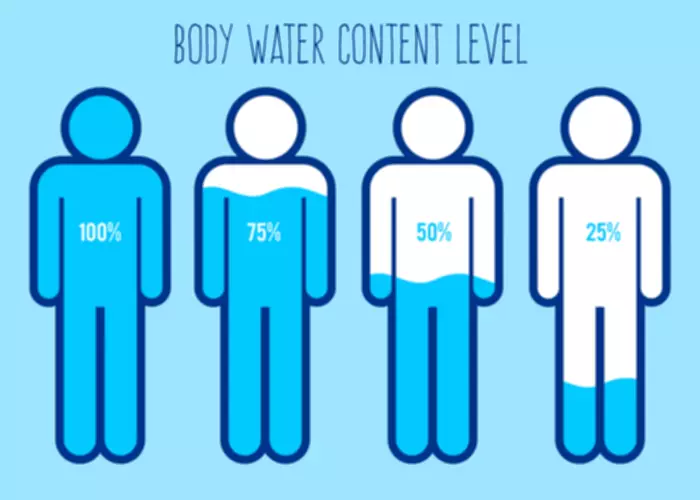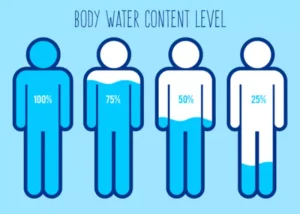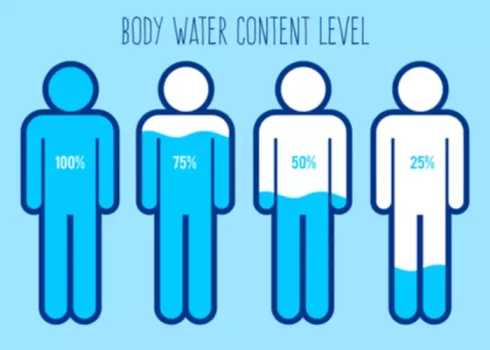
This article will cover the details and dangers of ecstasy withdrawal, dependence, and addiction. You will also find information about how to identify MDMA withdrawal symptoms, and whether treatment for ecstasy withdrawal is needed. Because the experts here are well-acquainted with addiction types that people struggle with, you also can be confident that you will receive only the most informed, highest-value addiction treatment possible. Those in recovery can be supervised by caring and trained counselors to deal with the potentially deadly side effects of depression and anxiety accompanying withdrawal. Depression is a painful condition but can be managed, and the symptoms lessened with help from experienced counselors.
- As the brain becomes accustomed to this artificial stimulation, it gradually loses its ability to produce these neurotransmitters naturally.
- At worst, long-term problems regulating mood can haunt the user for months after cessation.
Understanding MDMA Withdrawal Symptoms
As the brain becomes accustomed to this artificial stimulation, it gradually loses its ability to produce these neurotransmitters naturally. Consequently, users develop a profound dependence on ecstasy, relying on it to experience even the most fundamental positive emotions. When the drug is abruptly removed from the equation, the brain struggles to regain its equilibrium, triggering a cascade of withdrawal symptoms. MDMA, commonly known as ecstasy or molly, is a synthetic drug with stimulant and hallucinogenic effects.

Physical Manifestations of MDMA Withdrawal

Sahil Talwar is a physician assistant with over 7 years of experience in emergency, inpatient and outpatient psychiatry. He graduated from South College with his Master’s in Physician Assistant studies in 2015. Sahil has utilized his experience by treating patients in both civilian and military settings. Statistically, MDMA use has been identified in various age groups, with the National Institute on Drug Abuse reporting use among adolescents and young adults. This highlights the importance of understanding the potential long-term impact on this demographic, particularly as their brains are still developing.

How is Marijuana Addiction Diagnosed?

Medication-assisted treatment (MAT) also helps manage withdrawal symptoms and prevent relapse, improving the effectiveness of recovery when combined with counseling and rehabilitation. Healthline notes that nearly 75% of people who begin cognitive behavioral therapy (CBT) experience positive results. The recovery rate for marijuana addiction, specifically cannabis use disorder (CUD), varies significantly based on several factors, including treatment methods and individual circumstances. For individuals who are seeking intensive treatment but still prefer to live at home, partial hospitalization (PHP) or day treatment programs are also available. PHP typically consists of hospital treatment 5 to 7 days a week for 4 to 8 hours per day.

Overall, the success of marijuana rehab hinges on personalized treatment plans that address both the psychological and social aspects of addiction. Marijuana addiction is classified under the DSM-5 as a substance use disorder with varying severity levels based on the number of criteria met within 12 months. These criteria include loss of control over use, social impairments, tolerance, withdrawal symptoms, and continued use despite negative consequences.
- The onset of withdrawal symptoms typically begins within 24 hours of the last drug use and can persist for several days to a week.
- MDMA also releases other chemicals that cause physical effects, including a surge of energy, increased blood pressure and heart rate, and in some cases, overheating and organ failure.
- This can occur after just a single use and is characterized by symptoms that may last 1-3 days.
- Phencyclidine (PCP) addiction is a serious concern due to its powerful psychoactive effects and high potential for dependence.
- Supporting a partner with mental health challenges requires balance and boundaries.
- Individuals with marijuana use disorder (MUD) often experience decreased relationship satisfaction, increased conflict, and diminished emotional intimacy.
Drug detox is the first component of overcoming substance use disorder and drug addiction. Our drug detox center in Charlotte, NC allows patients to purge their bodies of the toxins that have accumulated as a result of ongoing drug abuse. In order to ensure each individual’s safety and success during the withdrawal period, it is important that the detox process is monitored and treated in a medically supervised setting. Our drug detox in Charlotte, NC if fully staffed with expert clinicians who are molly mdma dedicated to making this process as safe and comfortable as possible. Some individuals experience a ‘comedown’ or ‘crash’ that mimics withdrawal symptoms, including confusion and sleep problems. This comedown can occur 1-3 days after episodic use and is akin to a hangover, characterized by a recovery phase that follows the drug’s acute effects.
The advantage of going to a detox center is that medical assistance is readily available. A detox center will place you in comfortable surroundings where you can be assured of help in case of emergencies. This requires an individual to stop taking ecstasy, and this is best done through medically supervised detox.